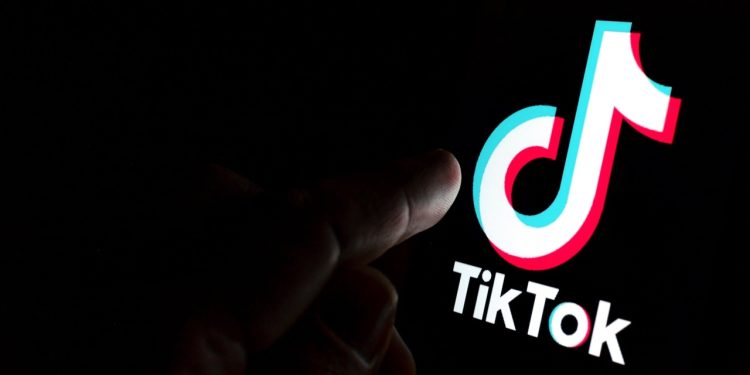Jakarta, Indonesia Sentinel — A federal court in the United States has denied TikTok‘s request for a temporary injunction to halt a new law that could lead to the app’s ban in January 2025. The ruling is a significant legal blow for the company as it scrambles to prevent its potential removal from American app stores.
TikTok filed the emergency motion earlier this week, signaling its intention to appeal the decision to the Supreme Court. Despite the appeal, a three-judge panel dismissed the request, stating that the temporary suspension was “unwarranted.”
In a statement, TikTok reiterated its plans to bring the case before the Supreme Court, emphasizing the platform’s importance to its users. “As we have previously stated, we plan to take this case to the Supreme Court, which has a long history of protecting Americans’ rights to free expression,” TikTok said. The company warned that without intervention, the voices of over 170 million users in the US and worldwide could be silenced by January 19, 2025.
ByteDance and the Fight for Free Speech
TikTok’s parent company, ByteDance, has argued that the law unfairly targets the platform, violating the First Amendment rights of its users. The company also contends that selling TikTok to an American firm, a solution floated by lawmakers, would face significant roadblocks due to China’s strict export control laws.
In 2020, China amended its export regulations to give the government greater authority over tech-related transactions, complicating the prospect of TikTok’s sale to a US-based company like Microsoft, which had shown interest at the time.
Trump’s Evolving Stance on TikTok
During his first term, Donald Trump issued an executive order restricting US transactions with TikTok, citing national security concerns. His administration claimed that the app could allow the Chinese government to collect sensitive data from American users. These concerns led to legal battles, and in 2021, President Joe Biden revoked the executive order.
In 2024, Trump’s attitude toward TikTok shifted. Reports suggest the change followed his meeting with a prominent Republican donor who holds a significant stake in TikTok. The issue became a focal point during his campaign, with some viewing Trump as TikTok’s unlikely defender, a move aimed at attracting younger voters.
Despite his renewed interest in TikTok, legal experts believe Trump will have limited influence over the app’s future after assuming office on January 20, 2025.
Free Speech and National Security Debate
Civil rights organizations like the Electronic Frontier Foundation (EFF) have expressed concern over the court’s ruling. “Restricting the free flow of information, even from foreign adversaries, is inherently undemocratic,” said an EFF spokesperson. The organization criticized the US for pursuing a TikTok ban while historically championing internet freedom and condemning censorship by other nations.
Flesh-Eating Parasite “Screwworm” Returns to the Americas, Threatens Human Health
What’s Next for TikTok?
With the federal court’s decision, TikTok’s immediate future hinges on the Supreme Court’s willingness to hear the case. If the law takes effect, it could mark the largest restriction on a social media platform in US history.
As the January 2025 deadline approaches, the legal battle underscores the growing tensions between national security concerns and the preservation of free expression in the digital age. Whether TikTok survives this challenge will set a precedent for how governments worldwide regulate social media platforms linked to foreign entities.
(Becky)

























